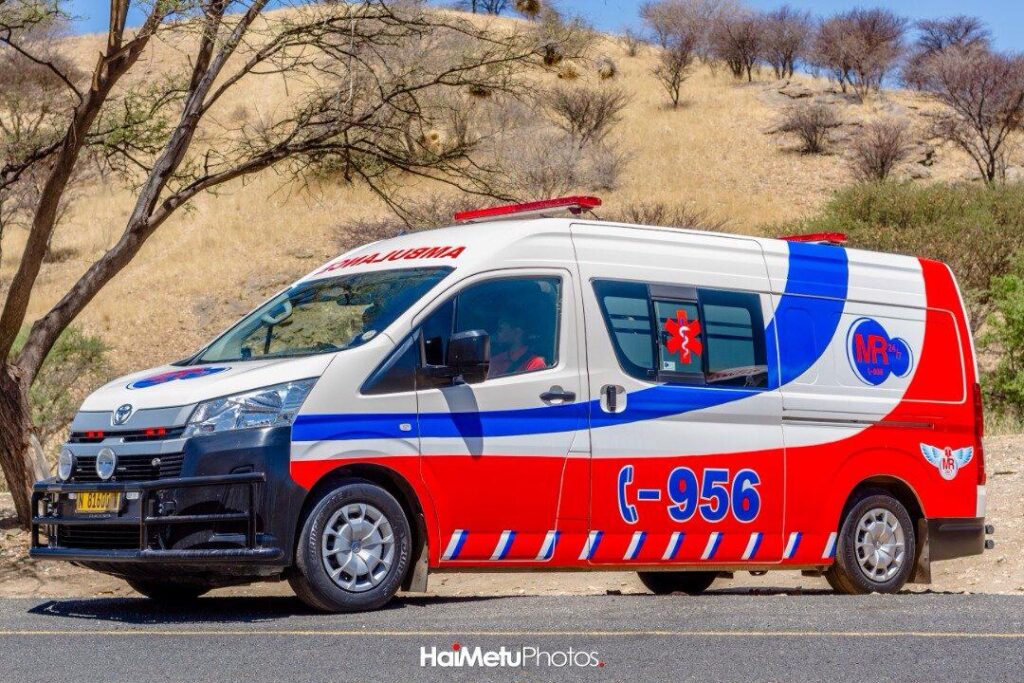
By: Ludorf Iyambo
Director of tertiary health care and clinical support services in the health ministry Johannes Gaeseb says that Namibia is currently faced with an increasing demand for pre-hospital care caused by increased incidents of trauma resulting from motor vehicle crashes, violence and a variety of other medical conditions.
Gaeseb said this at the launch of the Emergency medical services (EMS) awareness campaign on Monday.
According to Gaeseb, it is believed that most deaths experienced through traumatic events, heart attacks, obstetric and gynaecological emergencies could be prevented through a well-established pre-hospital care system.
Gaeseb further said that over the past years, much development has been done in providing Emergency Medical Services across the country.
“Although much is still to be done to ensure that a functional, coordinated, widely accessible, and quality pre-hospital care is available across the country, the gains made towards accomplishing these goals should be acknowledged and celebrated,” he said.
Fabian Martens, senior medical advisor and CEO of OSH-Med International, said it is time to educate people about EMS and how it influences daily life. He added that EMS Namibia should not have to hide behind international standards. “EMS Namibia should stand up to provide good services to the public. To conquer this, we are going to bring in an award ceremony. EMS national awards will take place on 22 July 2022,” he said.
Martens added that the national EMS day celebration acknowledges the strides and milestones achieved through the provision of services not only in the pre-hospital setting but by all first responders and frontline health care providers under the EMS umbrella.
He said the day is normally commemorated on 20 June, however, this year, the official celebration will happen on 22 July 2022, alongside the EMS award ceremony.
EMS is an integral part of any health care delivery system and can be defined as a comprehensive system that provides the arrangements of personnel, facilities and equipment for effective, coordinated and timely delivery of health and safety services to victims of acute illness or injury.
EMS is a fundamental component of Universal Health Coverage (UHC). EMS combines paramedical expertise with the ability to promptly respond to all medical and trauma emergencies at any distance within the shortest possible time. It also involves patient and incident management, documentation, and inter-hospital transfers.


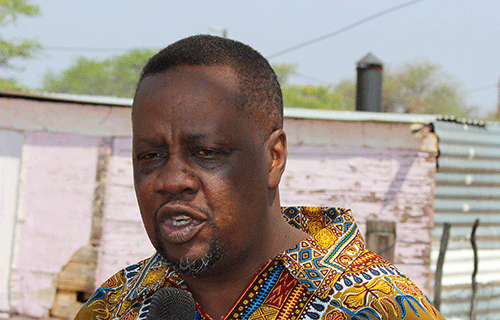

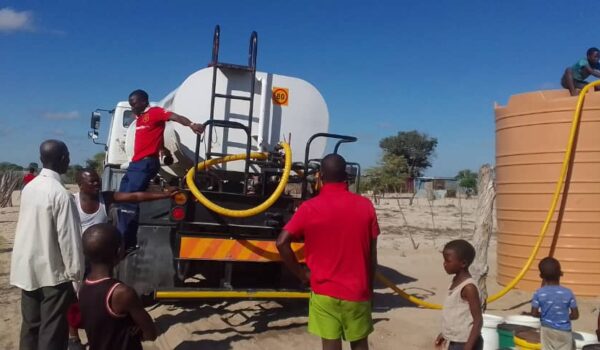
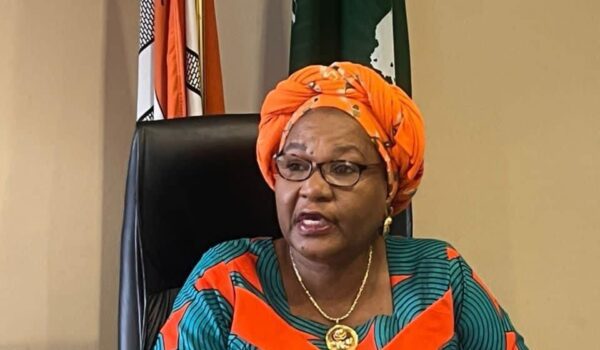
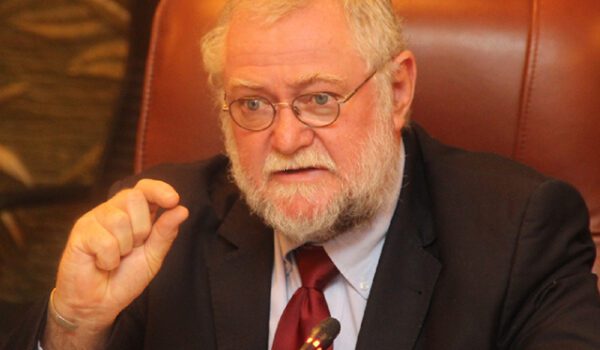


Comments